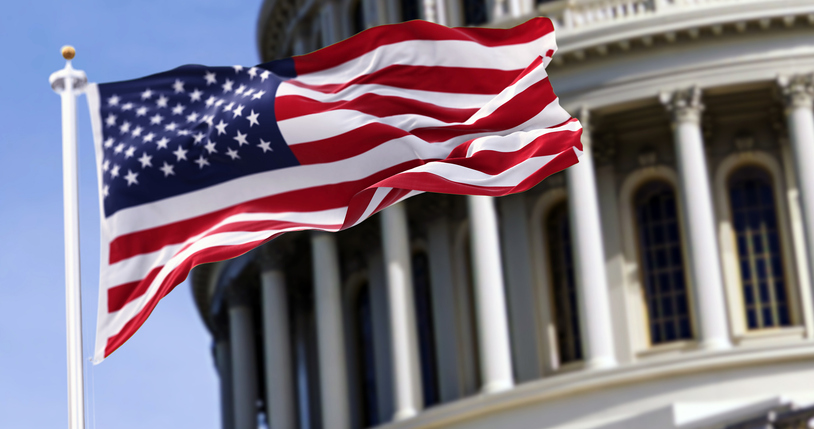Whatever your views on the President-elect; status quo he is not
By Mike Blakeney, Head of Government and Public Affairs, Cobalt Institute
Trump White Houses – for they are now plural – do not respect the established order. Rules are more like “guidelines”, relationships are more transactional, and the only certainty is uncertainty. Which is fun when your job is writing a blog on what to expect.
And therein lies a core truth – we do not in fact know what to expect.
His cabinet colleagues may not last very long, policies may get dictated in anger over breakfast TV, and his ever-loyal party my find their eyes and ears wandering as his final term legally nears its end.
But if we are to believe his words will become his actions, this is our best guess.
Firstly, trade is about to become less free. Frustrated with trade imbalances, Trump will get more people buying American by dealmaking or by force. Tariffs may not be as vast as he threatens – Trump-supporting Americans may not like the inflationary effects – but come they will, especially if you’re China. If we continue the logic from his September 2020 Executive Order, critical minerals could well be a focus of these tariffs. This might drive more investment into cobalt in the US in the longer term, but in the short term will drive up prices of both cobalt products, and the products they are made with.
Secondly, the EU-US relationship is about to worsen. EU countries have historically struggled to get along with Trump, but they have both learned lessons from his first time and, frankly, the world has changed a lot since then. Only time will tell whether Europe will learn to work with him and avoid the fractious relationships of his first term. One thing seems likely though – any prospect of Europe and the US closely cooperating, or sharing mechanisms, on critical minerals supply, hard under Biden, is probably dead under Trump.
Thirdly, the green economy is not a focus. The Inflation Reduction Act’s green incentives will likely be either diluted or repealed, although concerned Republicans may gently remind Trump to not go too far, as they are the ones benefitting. The EPA will be weaker. It will likely adopt the role of a “partner” or “facilitator” rather than regulator, with new Director Lee Zeldin an ardent deregulator. Emission reduction mandates – seen by some as a backdoor for a de facto fossil fuel car ban – will likely pause or reverse. Chemicals rules, especially those affecting defence products and manufacturers in the US, are not going to be priorities. We don’t know what this means for cobalt in the context of IRIS/TSCA, but it seems likely that the EPA will fear going too far and facing the wroth of their political masters.
When elephants fight, it is the grass that suffers.
As the Cobalt Institute engages authorities, our priority is to ensure that the industry can continue to grow and develop.

